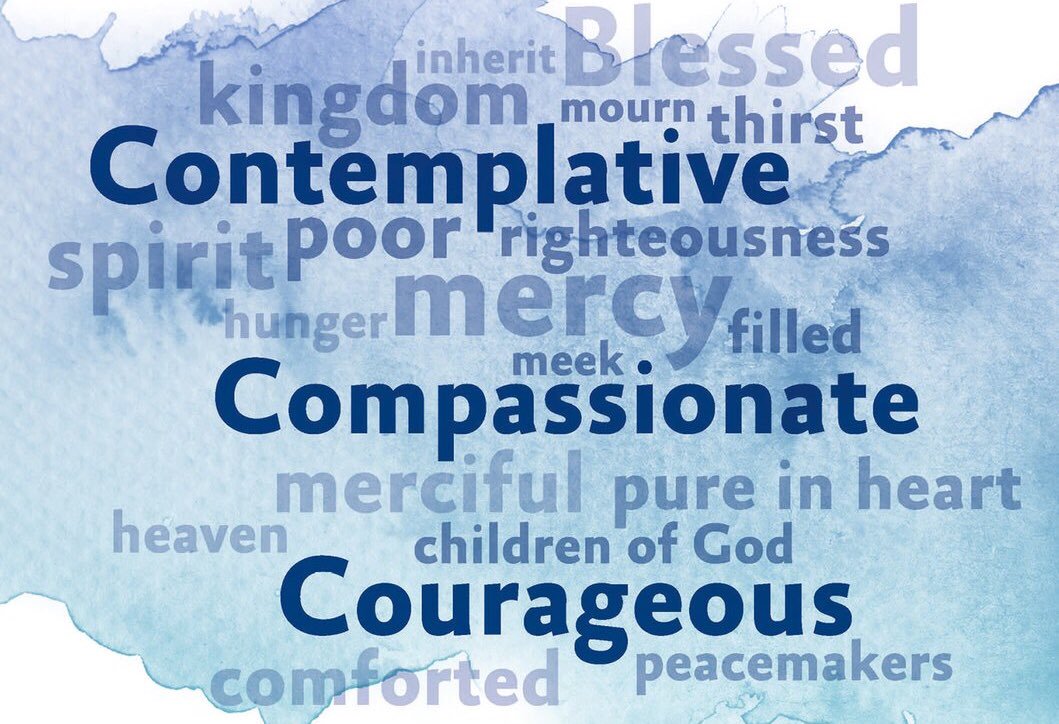ARTICLE V – WORSHIP, FAITH, & ORDER
Section 1. Statement of Belief
- The Sacramental Community of the Coworkers of Christ acknowledges as its sole Head, Jesus Christ, the Son of God and Savior of the world. It acknowledges as kindred in Christ all who share in this confession.
- It looks to the Word of God in the Scriptures, and to the presence and power of the Holy Spirit, to prosper its creative and redemptive work in the world. It affirms the responsibility of the Church in each generation to make this faith its own in reality of worship, in honesty of thought, and expression, and in purity of heart before God.
- Our Core Doctrine and Our Confession of Faith, found in the Covenants, delineate our belief.
Section 2. Sacramental Acts
The Coworkers of Christ recognizes seven sacraments, special acts established by Jesus Christ. These sacraments are seen as an outward and visible sign of an inward and spiritual grace, channels of God’s grace, flowing through our lives and strengthening our connection with the Divine.
- Baptism: Baptism marks the beginning of a person’s journey in Christ. Symbolized by the cleansing water, Baptism signifies the washing away of sin and the start of a new life dedicated to God. By being baptized, individuals become part of the larger Christian family, the Church.
- Confirmation: Following Baptism, Confirmation acts as a powerful renewal of faith. Often received during adolescence or young adulthood, it signifies a deeper understanding and personal commitment to Christian beliefs. Through the laying on of hands and prayer, the Holy Spirit is believed to empower the confirmed to live out their faith and share it with others.
- Eucharist: Considered the heart of Christian worship, the Holy Eucharist is a sacred meal that remembers the Last Supper Jesus shared with his disciples. Bread and wine are believed to be transformed into the very body and blood of Christ, offering spiritual nourishment to those who participate. Communion fosters a sense of unity and strengthens the bond between believers and God.
- Reconciliation: This sacrament provides a path towards forgiveness and healing after sin. By confessing their sins to a priest and receiving absolution (forgiveness), individuals experience God’s mercy and restore their relationship with both God and the Church community.
- Anointing of the Sick: Formerly known as Extreme Unction, this sacrament offers comfort, strength, and peace to those facing serious illness or death. Through the anointing with oil and prayer, the Church seeks God’s healing grace for the sick person.
- Holy Orders: This special sacrament sets individuals apart for ordained ministry within the Church. Through the laying on of hands by a bishop, the priests, deacons, and other ordained ministers receive the special authority to perform sacred functions, such as celebrating the sacraments and leading worship services.
- Marriage: This sacrament celebrates the lifelong commitment between those seeking it, reflecting the love of Christ for the Church. Marriage is considered a sacred partnership blessed by God, offering a foundation for love, family life, and mutual support between spouses.
Section 3. Liturgical Rites
The Sacramental Community of the Coworkers of Christ, until it produces its own official book of prayer, adopts the 1979 Book of Common Prayer and its various supplements, published by The Episcopal Church of the United States of America, as a primary and foundational, though not exclusive, liturgical resource.
- Local Chapters possess the autonomy to determine the schedule and specific circumstances surrounding Eucharistic celebrations, Daily Office observances, and other communal prayer gatherings.
- Chapters are empowered to supplement the standard liturgy with additional elements, as long as these additions: align with the spirit and message of the Gospels and maintain a sense of dignity and decorum (propriety).
- Public worship groups and Sacramental Community Churches have greater freedom in choosing liturgical resources. This flexibility allows them to respect the spiritual and cultural traditions and congregational makeup of their communities. Some potential resources include but are not limited to: the 1928 and 1979 Book of Common Prayer of the Episcopal Church, the Anglo-Catholic People’s Anglican Missal, the Anglo-Orthodox Common Prayer Book by Lancelot Andrews Press, the 1962 DailyMissal (Roman), the Daily Roman Missal, and the various liturgical works of the Celtic Catholic Church.
- The Minister General, along with the Definitor General of Liturgical Practices and Resources, holds the general authority to guide the Community’s liturgical practices. This guidance, however, should not stifle the unique spirit and calling of individual chapters, public worship groups, nor Sacramental Community Churches.

